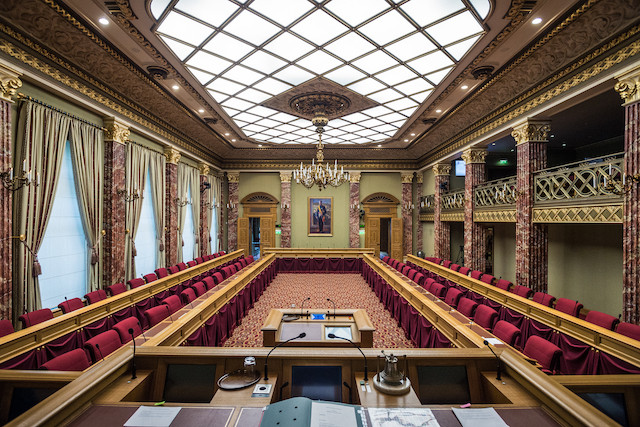A majority of members of parliament must currently agree to set up an inquiry committee, which means opposition parties stand little chance to push through an investigation. Under the new rules, only one third of votes will be needed.
Recent opposition efforts to form official inquiry committees failed. Majority parties opposed an inquiry into care home deaths during the pandemic. They also didn’t support a formal inquiry into a military satellite going significantly over budget. Both would have put majority party ministers into the hot seat.
Inquiry committees can invite experts and witnesses who testify under oath.
The change comes amid an ongoing reform of the Luxembourg constitution. Parliament had initially foreseen to update the document as a whole and work was nearly completed in 2019 when lawmakers decided to shelve the text after a decade of talks.
The CSV--the biggest opposition power whose votes are needed for a two-thirds majority--had blocked the project, saying citizens had not had enough of a say. Parliamentarians agreed to update the existing constitution piecemeal.
This includes the changes presented on Wednesday that also foresee more involvement in the legislative process by citizens and civil society by allowing them to make proposals more easily for changes to the law.
Under the new laws, parliament will also be able to seize the State Council for legal questions. Only the government can currently do this. The State Council reviews all bills submitted to parliament for their compatibility with existing national and international law. It can issue formal oppositions to legal texts and makes proposals on how to amend them.
